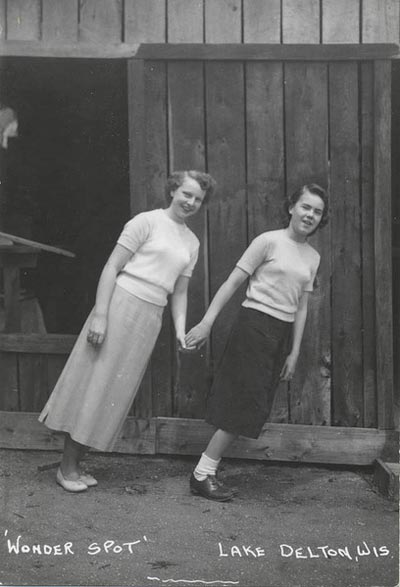Who paid for that floor? Not me. No way.
Language reveals ancient definitions of happiness. It is a striking fact that in every Indo-European language, without exception, going all the way back to ancient Greek, the word for happiness is a cognate with the word for luck. Hap is the Old Norse and Old English root of happiness, and it just means luck or chance, as did the Old French heur, giving us bonheur, good fortune or happiness. German gives us the word Gluck, which to this day means both happiness and chance.
What does this linguistic pattern suggest? For a good many ancient peoples—and for many others long after that—happiness was not something you could control. It was in the hands of the gods, dictated by Fate or Fortune, controlled by the stars, not something that you or I could really count upon or make for ourselves. (…)
Enter the 17th and 18th centuries, when a revolution in human expectations overthrew these old ideas of happiness. It is in this time that the French Encyclopédie, the Bible of the European Enlightenment, declares in its article on happiness that everyone has a right to be happy. It is in this time that Thomas Jefferson declares the right to pursue happiness to be a self-evident truth, while his colleague George Mason, in the Virginia Declaration of Rights, speaks of pursuing and obtaining happiness as a natural endowment and right. And it is in this time that the French revolutionary leader St. Just can stand up during the height of the Jacobin revolution in France in 1794 and declare: “Happiness is a new idea in Europe.” In many ways it was.
This perspective lies behind our belief that suffering is inherently wrong, and that all people, in all places, should have the opportunity, the right, to be happy.



